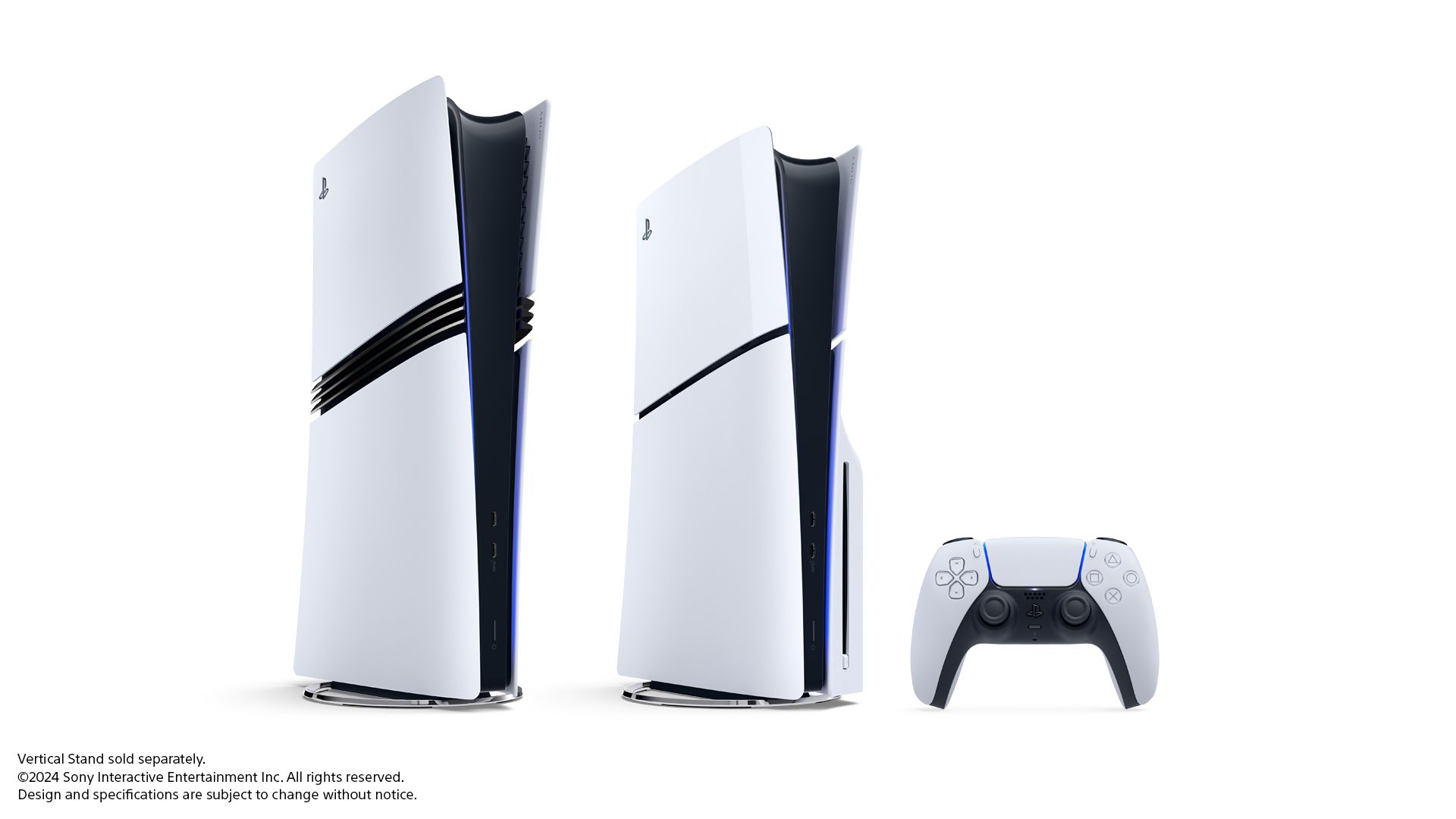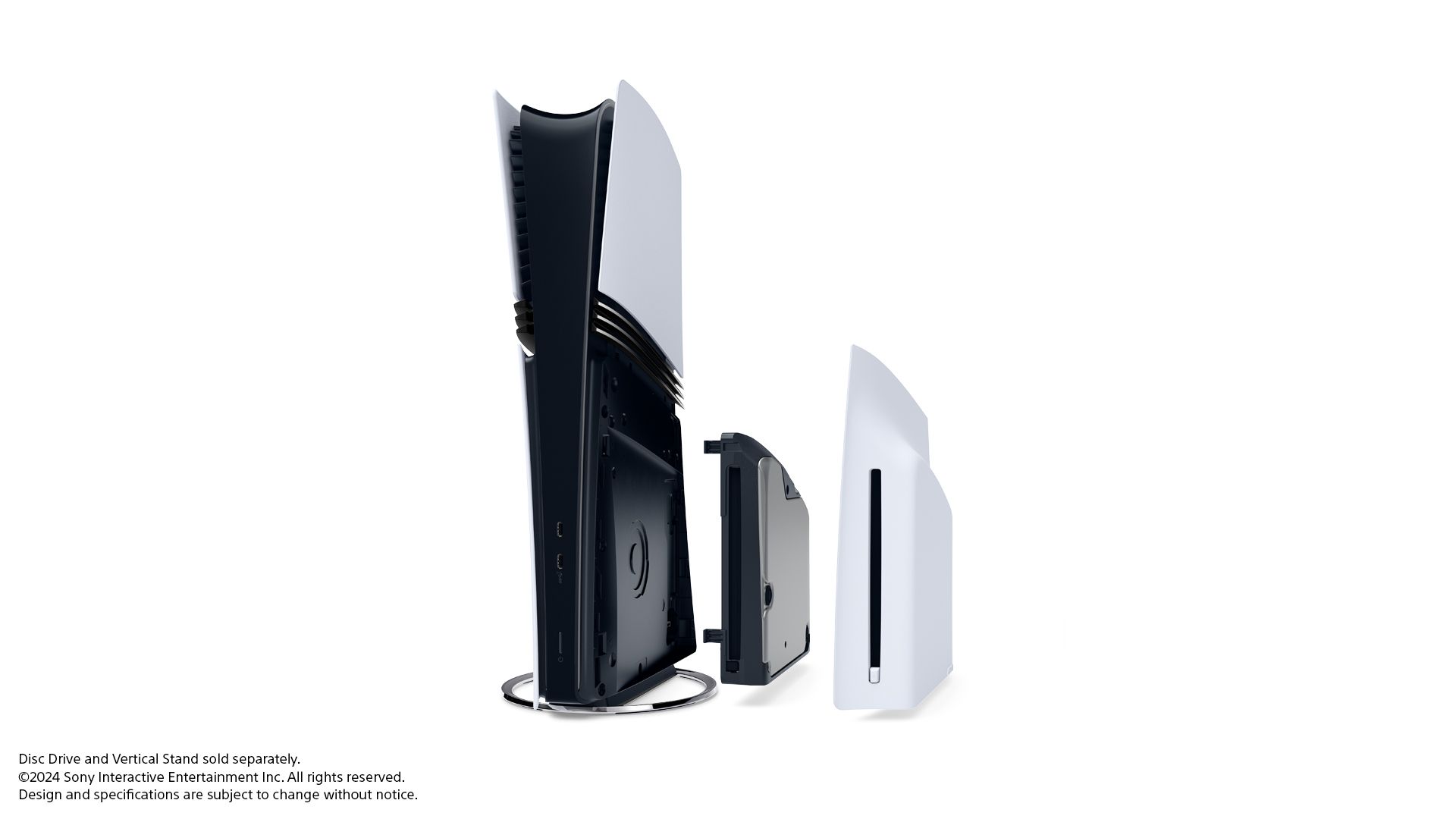Sony has officially unveiled the PS5 Pro, which the company dubs its most “advanced and innovative console hardware to date”. But what exactly does it improve and where does it fall short?
4 Improvements Made by the PS5 Pro
The main improvements made by the PS5 Pro are aimed at delivering better graphics performance at higher frame rates. But there is also a boost to the storage capacity, as well as Wi-Fi 7 support in territories that support the standard.
Better GPU and Memory
The upgraded GPU of the PS5 Pro delivers 67% more Computer Units compared to the base PS5 console, along with 28% faster RAM. According to Sony, this means that players will get 45% faster rendering for gameplay on the console.
The aim with this upgrade is to close the performance gap between the base console’s Performance and Fidelity modes. The PS5 Pro will deliver Fidelity-mode-like detail, at similar frame rates to Performance mode.
Advanced Ray Tracing
With the PS5 Pro, users will experience more advanced ray tracing. According to Sony, the console will be able to render light effects at more than double the speed of the standard console.
AI Upscaling
Sony made sure it didn’t miss the AI hype train, with the PS5 Pro including AI upscaling to add more detail to gameplay. The feature is dubbed PlayStation Spectral Super Resolution and is expected to add more clarity to games. However, how effective its machine learning algorithms are at upscaling content remains to be seen.
In my experience, upscaling can have mixed results, often depending on the clarity and resolution of the source material.
More Storage
The current PlayStation 5 comes with 1TB of SSD storage. While this seems like plenty, with the size of games nowadays, extra storage space is a benefit for gamers who like to have multiple games installed or who like to record their gameplay.
Luckily, the PS5 Pro doubles this capacity to 2TB of SSD storage.
Where the PS5 Pro Falls Short
With better graphics and more storage, the PS5 Pro is a respectable upgrade. However, its price tag, at $699, diminishes the gains made by the console. Considering that the base model is $499 and includes a disc drive (while the Digital Edition launched at $399) , the $200 increase doesn’t feel justified for a slightly better graphics performance and storage.
There’s also the fact that if you want to play physical games on the PS5 Pro, you will need to purchase a disc drive seperately for around $80. If you want to store the console upright, you will also need to buy a separate vertical stand for around $30.
Don’t get me wrong, the PS5 Pro looks impressive. But the significantly higher price point and lack of a built-in disc drive and vertical stand make me question whether buyers are really getting their money’s worth. I know for me, I won’t be upgrading to a PS5 Pro.



